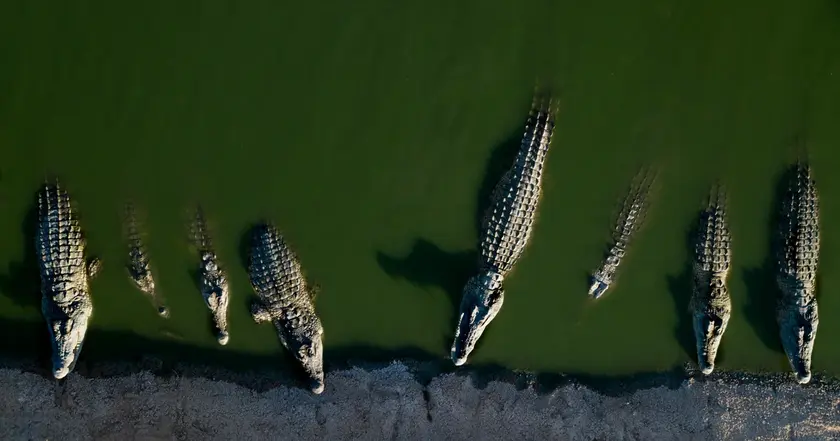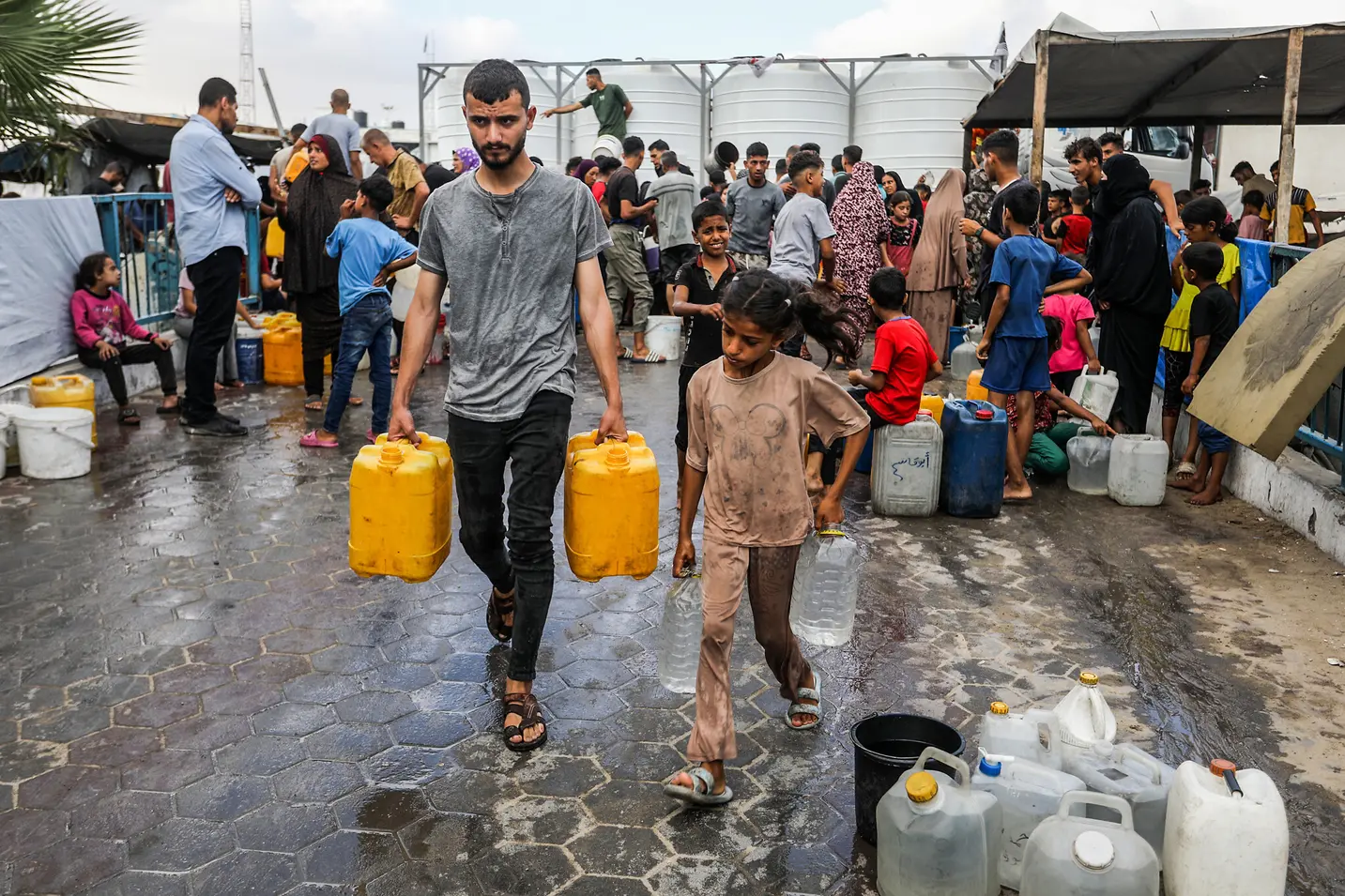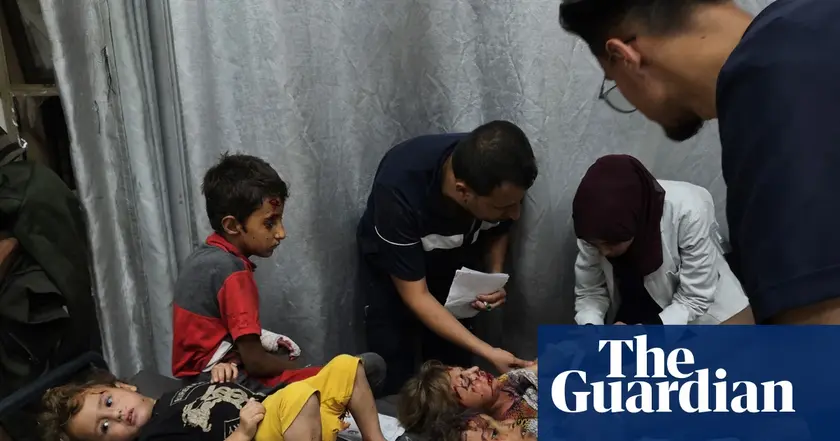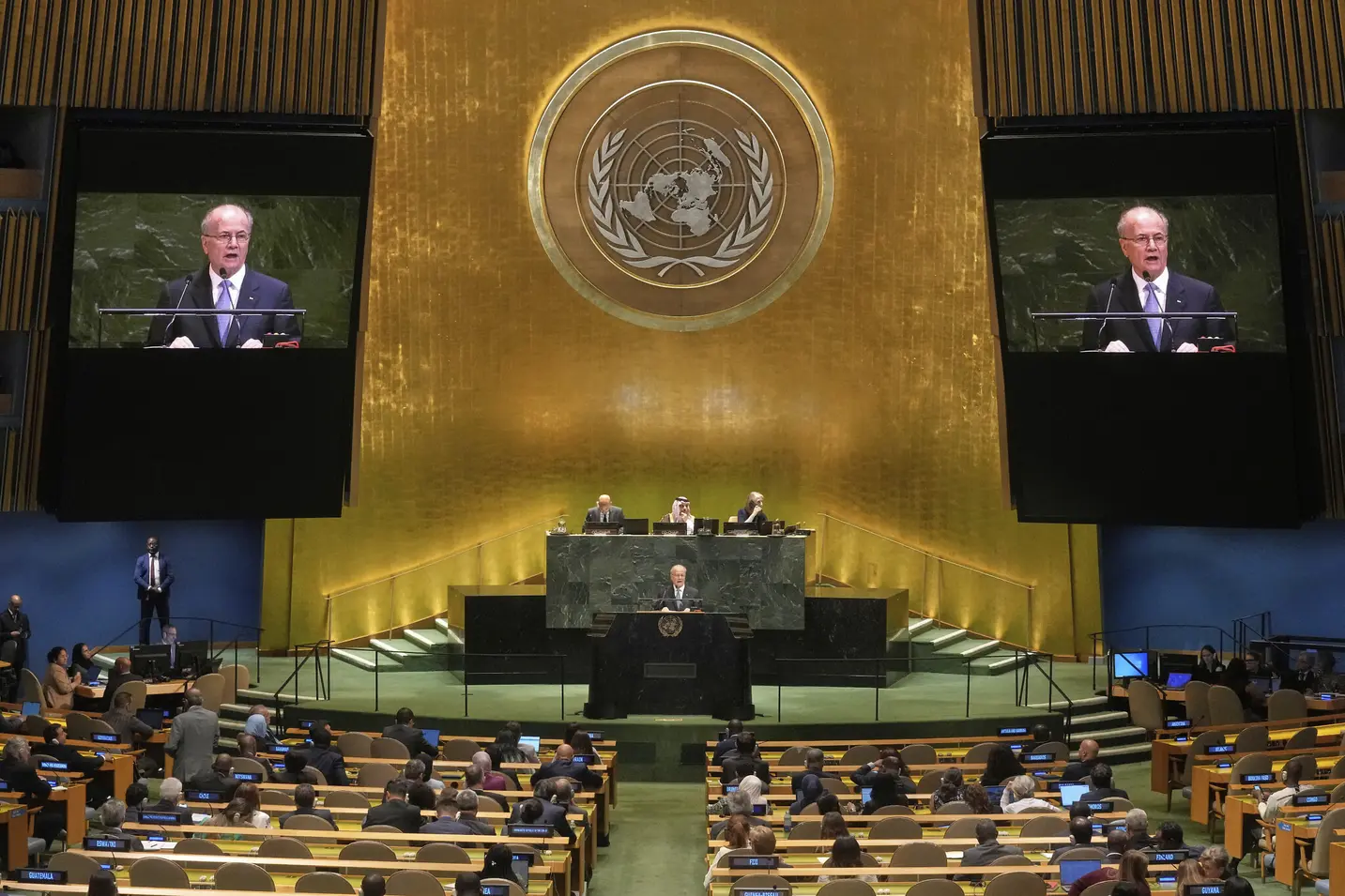T4K3.news
Israel culls 200 crocodiles in the West Bank
Authorities cite safety concerns after crocodiles posed a risk to communities.

Israel's decision to cull crocodiles raises significant safety and ethical questions.
Israel culls 200 crocodiles in West Bank amid safety concerns and animal rights backlash
Israel reported the culling of 200 crocodiles from a farm in the occupied West Bank. Authorities stated that cannibalism among the reptiles posed a significant risk to humans. The crocodiles were kept in poor conditions at a facility closed in 2013, with insufficient food leading to their desperate behavior. The situation became critical as some crocodiles escaped the deteriorating premises. Local communities expressed fear over potential encounters with these reptiles, particularly near the Jordan River. Animal rights activists condemned the culling, arguing that the crocodiles had never attacked anyone. The farm's owner claimed he was unaware of the planned culling and described it as an execution.
Key Takeaways
"The hazard must be addressed immediately through the humane culling of the animals."
This statement reflects the Israeli defense ministry's rationale for the culling, emphasizing the urgency of human safety.
"These animals were in good health, well fed, and no serious accident was ever reported."
The farm owner's claim counters the justification for the culling, asserting the crocodiles did not pose a threat.
"This is truly immoral, infuriating, and heartbreaking."
An NGO's reaction highlights the emotional outrage surrounding the culling decision.
"I don't want to think of what will happen if a crocodile manages to escape and reaches the Jordan River."
A local resident's concern underlines the fear of possible human encounters with crocodiles.
This incident in the West Bank illustrates a clash between human safety and animal rights in contentious environments. The decision to cull the crocodiles is rooted in concerns over public safety, yet it has ignited significant backlash from animal rights groups. They argue that better solutions could have been pursued before resorting to killing, especially given the emotional impact such actions have on community perception of wildlife management. This reflects ongoing tensions between local authorities and animal welfare advocates, showing that policy decisions can evoke strong emotional reactions from different societal factions.
Highlights
- This was an execution, plain and simple.
- The crocodiles had never attacked anybody.
- The hazard must be addressed immediately.
- This is truly immoral, infuriating, and heartbreaking.
Culling raised ethical and safety concerns
The culling has sparked backlash from animal rights organizations and reflects a controversy over wildlife management in sensitive areas.
The situation highlights the need for balanced approaches in wildlife management.
Enjoyed this? Let your friends know!
Related News

Palestinian-American dies from smoke inhalation in West Bank

Norway reviews investments in Israeli firms

Microsoft's cloud used by Israeli military for surveillance

Global leaders push for two-state solution at UN conference

Israeli settler kills Palestinian activist Awdah Hathaleen

Gaza's residents face critical struggle for survival

Human rights groups accuse Israel of genocide in Gaza

France and U.K. to recognize Palestinian state
